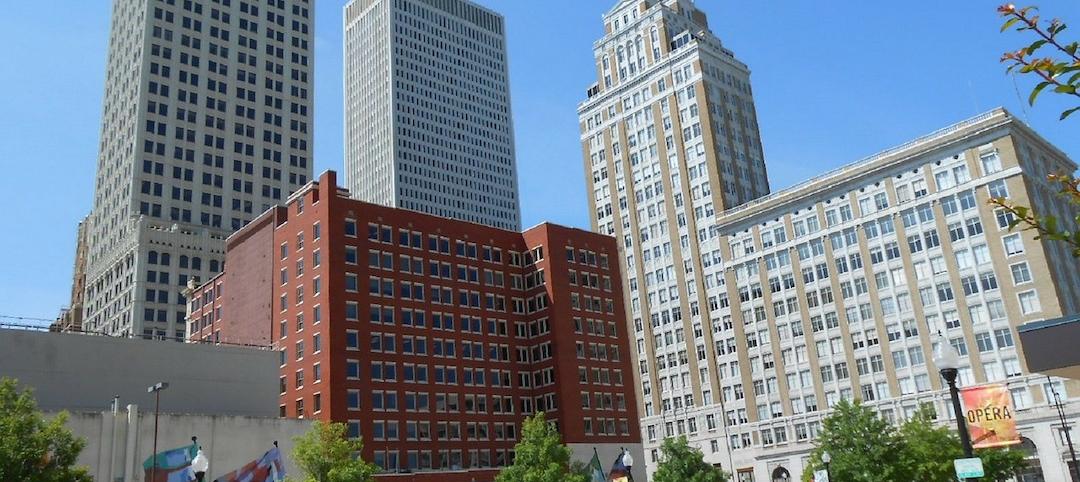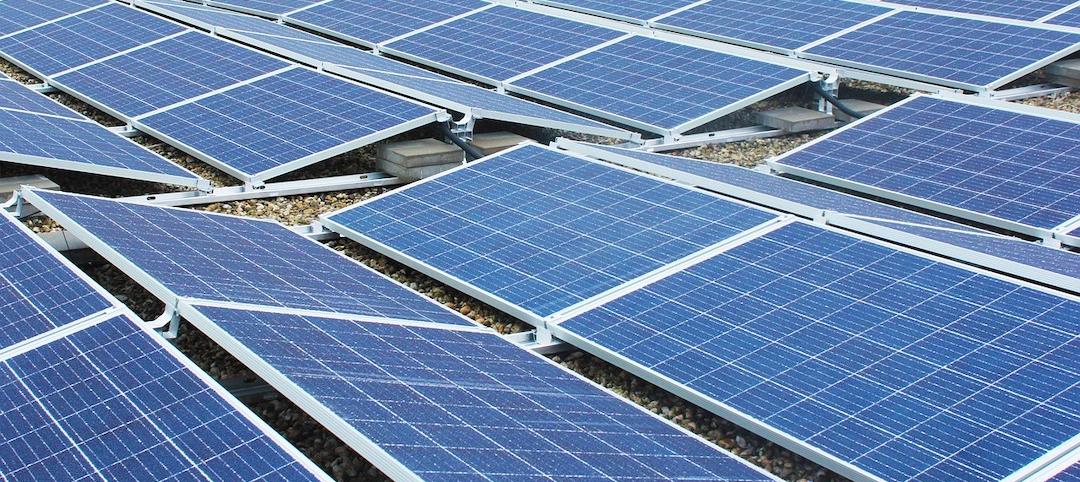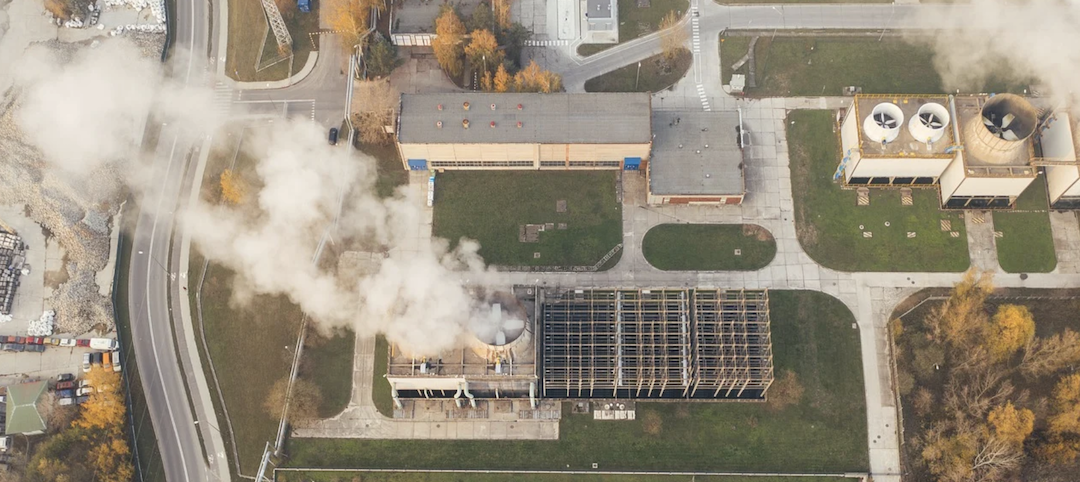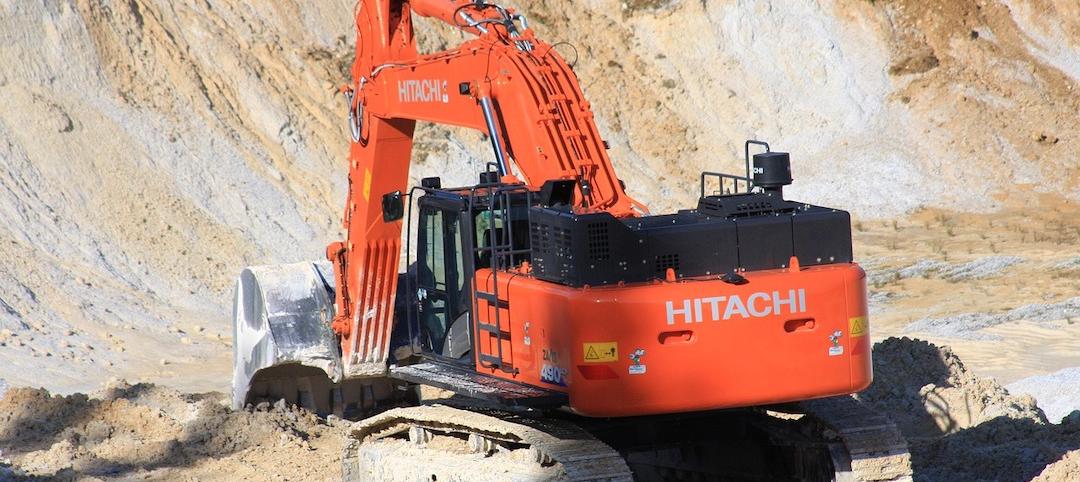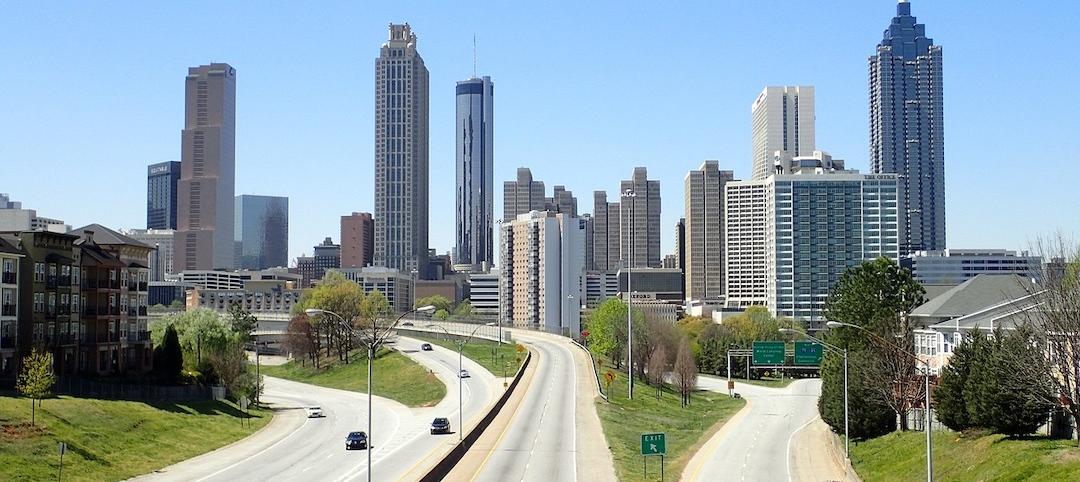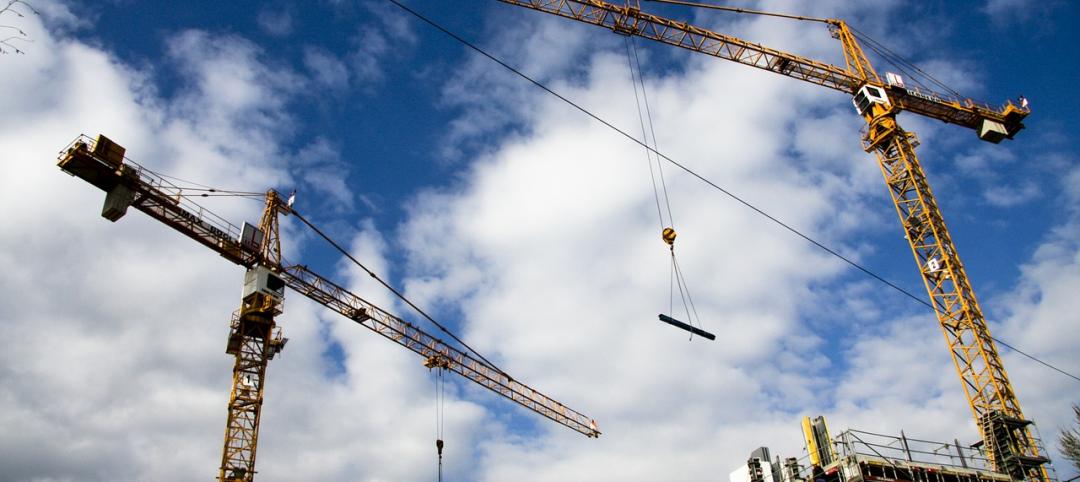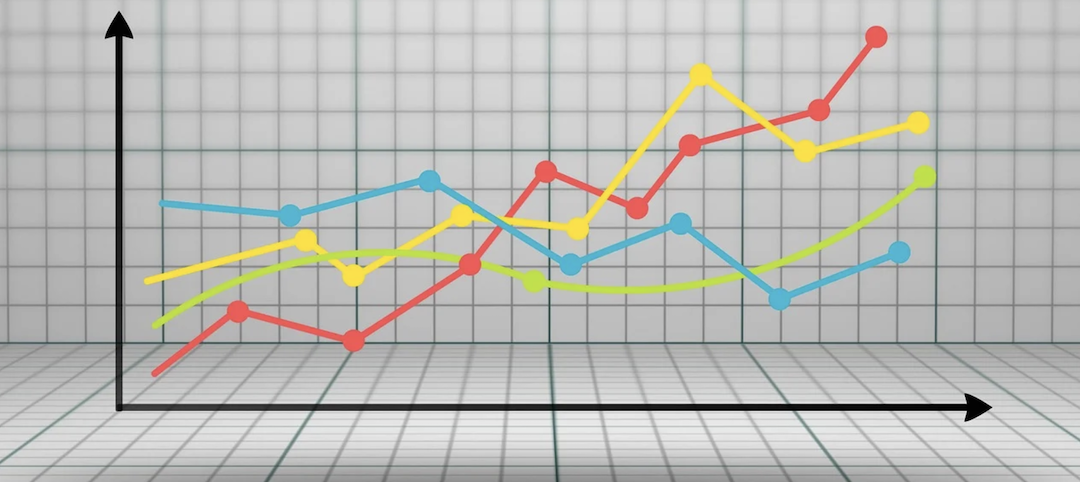The Eugene, Ore., City Council recently passed an ordinance aimed at steeply reducing energy consumption and greenhouse gas emissions. The city of 158,000wants to reduce community-wide greenhouse gas emissions 10% below 1990 levels by 2020, and reduce fossil fuel use by 50% by 2030.
Eugene is developing an energy inventory for its entire economy. After that is completed, it will consider voluntary energy-saving measures in the private sector, such as easier permitting for energy-efficient construction and energy performance scores for commercial buildings. The city will also consider other measures like commercial food-waste composting in restaurants and grocery stores to reduce methane emissions from landfills.
Eugene has made significant progress in reducing emissions recently from transportation without any concerted plan. Transportation emissions have dropped 2.5% per year since 2010, despite some population growth. This is largely due to economic and cultural shifts: the recession, the rise of telecommuting, online shopping and entertainment, transit, biking, more efficient cars, and higher gasoline prices. The city has encouraged these trends by improving bus service and developing a master plan for sidewalk and bike path improvements.
City government has rejected hard caps on emissions to date, focusing instead on voluntary measures and incentives for the private sector.
(http://grist.org/climate-energy/what-can-small-cities-do-to-fight-climate-change/)
Related Stories
Codes and Standards | Dec 16, 2021
Home builders defeat proposed Oklahoma energy conservation code upgrade
Builders cite high home prices for opposition.
Codes and Standards | Dec 16, 2021
Laws and regulations complicate growth of community solar gardens
New projects stymied by utility resistance and legislative restrictions.
Codes and Standards | Dec 16, 2021
Property owners need systematic approach to GHG emissions reduction
Energy hog buildings at risk for becoming stranded assets.
Codes and Standards | Dec 15, 2021
Design problems now the primary cause of construction claims and disputes
More likely to occur due to more tight timescales imposed upon third parties engaged in design.
Codes and Standards | Dec 13, 2021
ABC releases guide to technology for improving safety performance
Provides details on how to identify, choose, and implement technology.
Codes and Standards | Dec 8, 2021
Construction industry is the top target for cyberattacks
Smart building tech is a new avenue for criminals.
Codes and Standards | Dec 8, 2021
Proposals to add more multifamily to Atlanta prompt drive for Buckhead to secede
City aims to increase housing as projections point to sharp population increase.
Codes and Standards | Dec 7, 2021
Design problems now the primary cause of construction claims and disputes
More likely to occur due to more tight timescales imposed upon third parties engaged in design.
Codes and Standards | Dec 5, 2021
New standard for Phase I environmental reports requires more research work on many sites
Update affects around 250,000 commercial real estate transactions a year.
Codes and Standards | Nov 30, 2021
Dept. of Energy publishes RFP for technical assistance on supporting better building codes
Addresses advanced standards to reduce energy consumption and GHG emissions.


